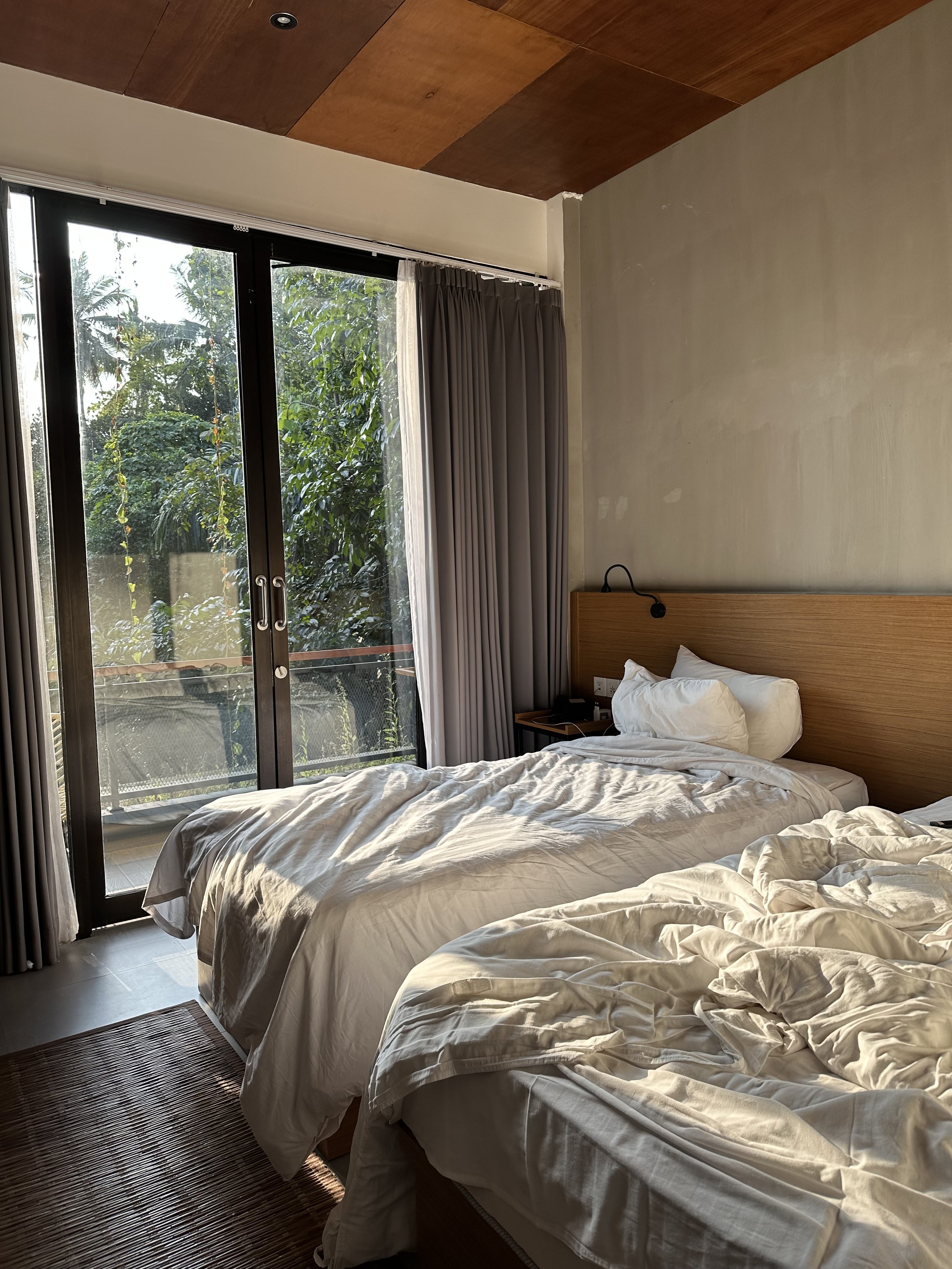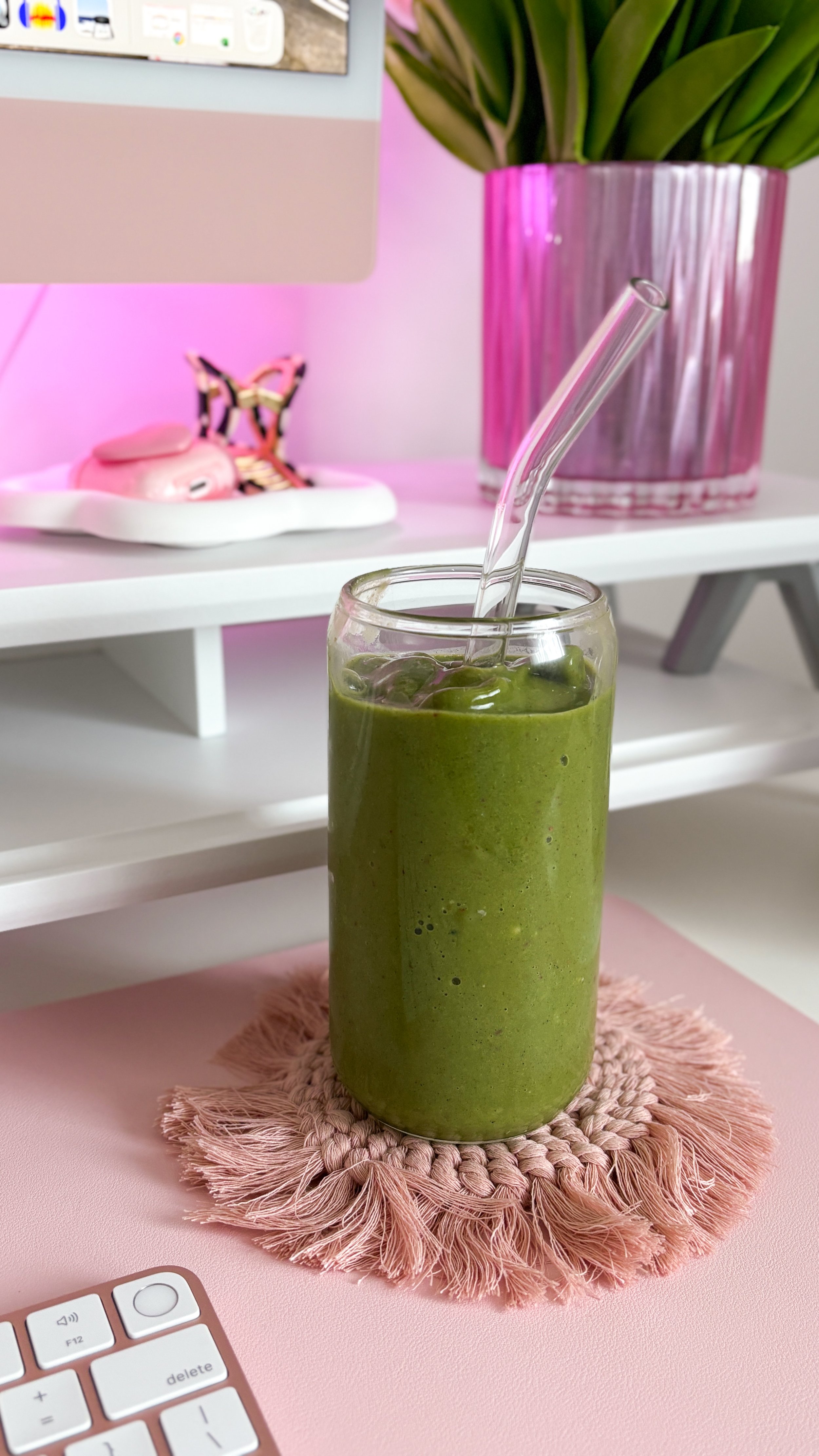The Role of Sleep in Maintaining Healthy Skin and Tips for Improving Your Sleep Habits for Better Skin
Image via Dupe Photos
Getting enough sleep is important for overall health and well-being, but did you know that it is also crucial for maintaining healthy, glowing skin?
Lack of sleep can lead to a number of skin problems, including dullness, dark circles under the eyes, and even breakouts.
On the other hand, getting a good night's sleep can help improve the appearance of your skin, giving it a refreshed and rejuvenated look.
So, how exactly does sleep affect the health of your skin?
When you sleep, your body enters a state of repair and restoration. This is when your skin cells regenerate and repair any damage that has occurred during the day.
If you don't get enough sleep, your skin doesn't have the opportunity to repair itself properly, leading to a host of skin problems.
In addition to the physical effects of sleep on the skin, there is also a psychological component to consider.
Stress and lack of sleep go hand in hand, and stress can take a major toll on your skin. When you're stressed, your body produces cortisol, a hormone that can lead to inflammation and breakouts.
Getting enough sleep can help reduce stress and prevent the production of cortisol, which can in turn improve the health of your skin.
Image via Dupe Photos
So, how can you improve your sleep habits for better skin?
Here are a few tips:
Establish a bedtime routine:
Having a consistent bedtime routine can help signal to your body that it's time to wind down and get ready for sleep.
This could include activities like reading, taking a warm bath, or practicing relaxation techniques.
Create a sleep-friendly environment:
Your bedroom should be a calm and relaxing space.
Make sure the temperature is comfortable, the room is dark, and there is minimal noise.
Consider using a white noise machine or earplugs to block out any distractions.
Turn off screens:
The blue light emitted by screens can disrupt your body's production of melatonin, a hormone that helps regulate sleep. Try to avoid screens for at least an hour before bedtime.
Exercise regularly:
Regular exercise can help improve sleep quality, but be sure to finish your workout a few hours before bed to give your body time to wind down.
Avoid caffeine and alcohol:
Both caffeine and alcohol can disrupt sleep, so try to limit your intake, especially in the hours leading up to bedtime.
By following these tips and getting enough sleep, you can help improve the health and appearance of your skin.
Don't underestimate the power of a good night's rest! Your skin (and your overall health) will thank you.
READ MORE LIKE THIS:






The aesthetic that is all about healthy choices and the beautiful earth